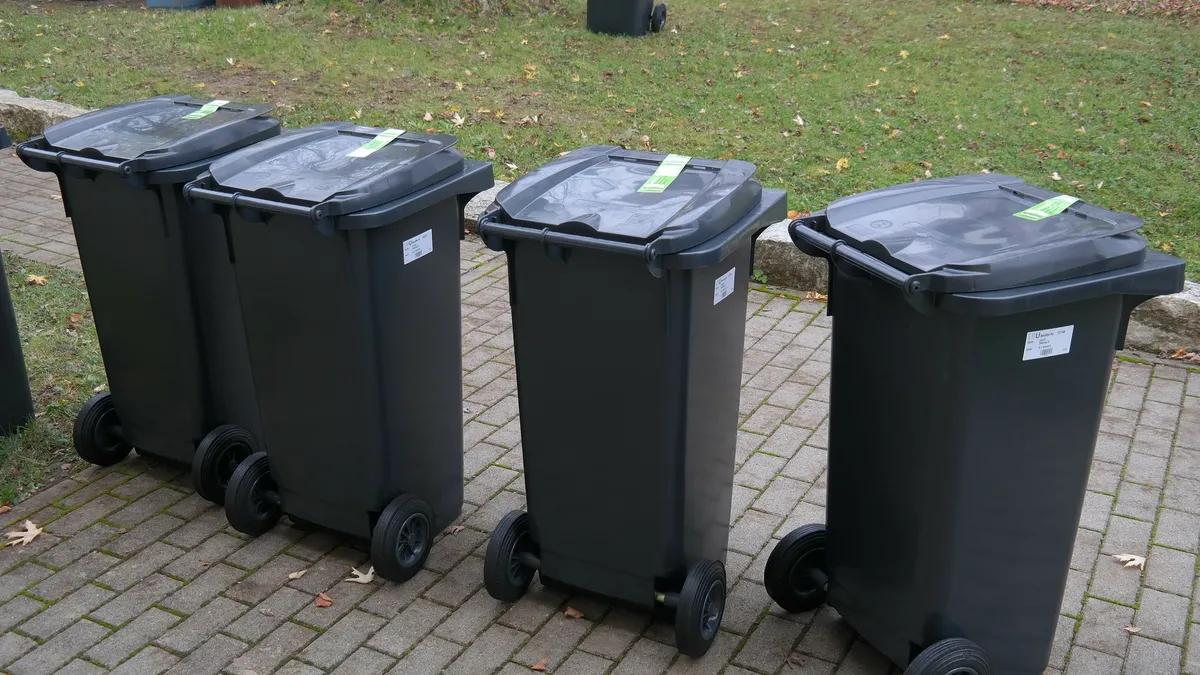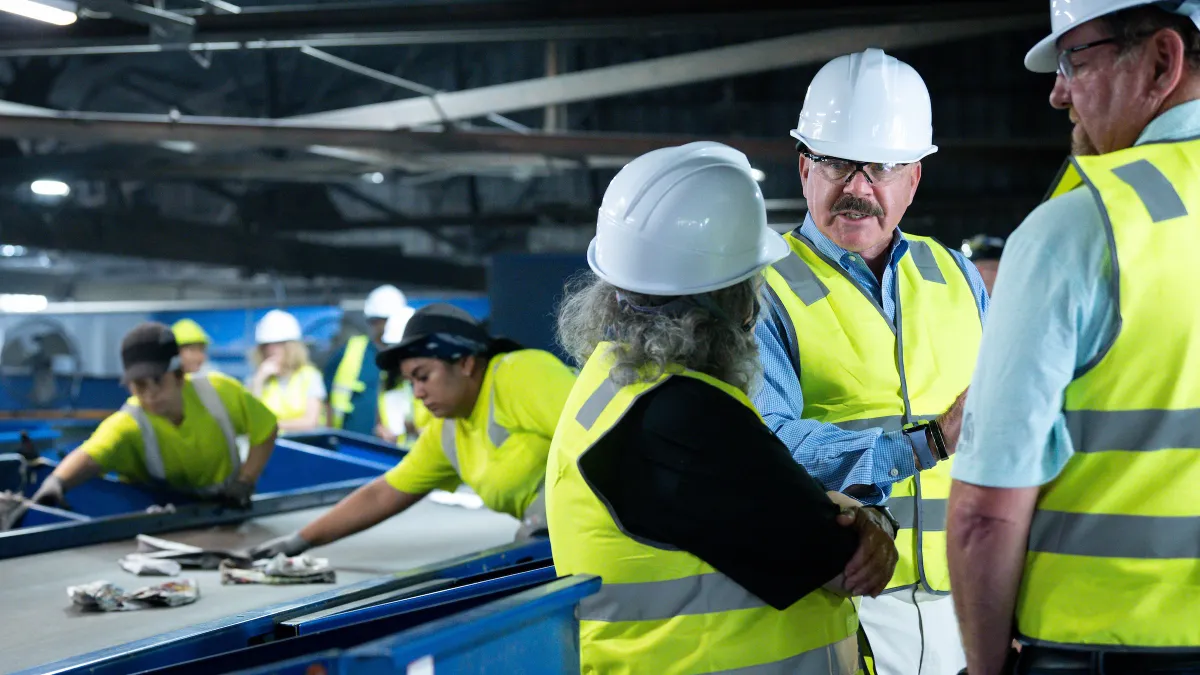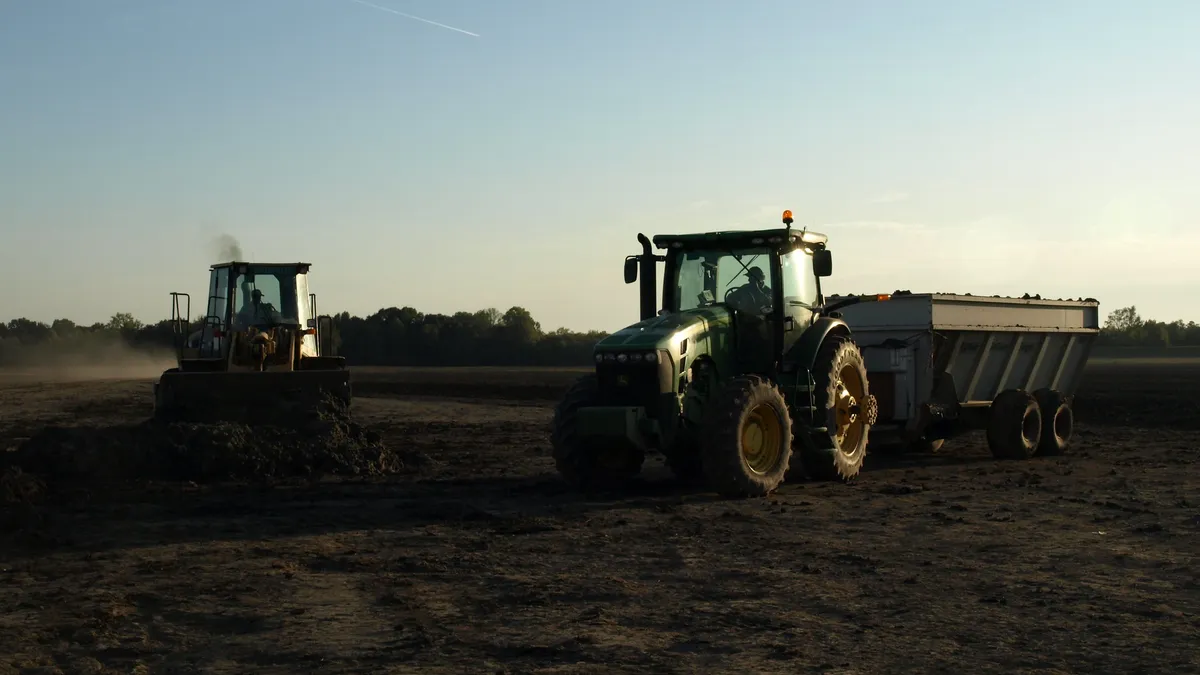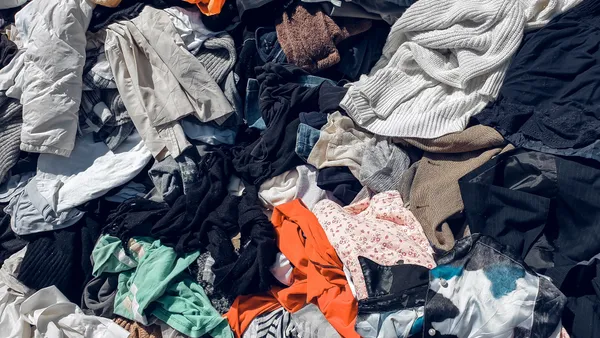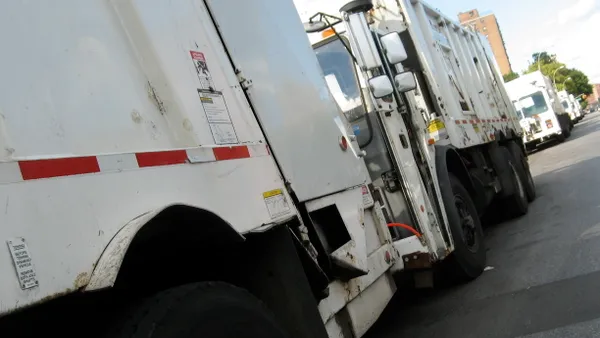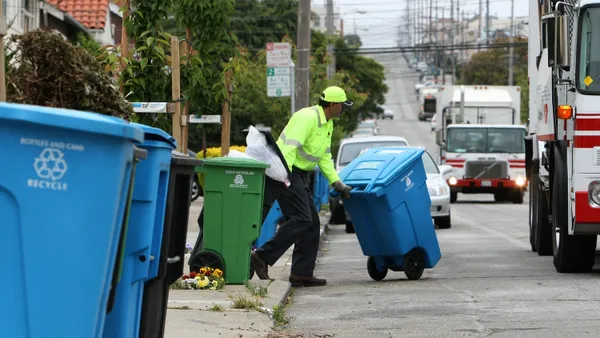UPDATE: The City of San Diego and Mayor Kevin Faulconer’s office have responded to the March 2017 grand jury report that suggests residents' bins are cracking due to sun exposure and automated collection arms, as reported by NBC San Diego. The mayor's office maintains that bins are breaking down due to the fact that many (approximately 68%) are "beyond their industry standard 10-year useful life," according to a statement.
Due to this reasoning, and the assumption that bins will continue to break down as they exceed past the 10-year mark, the city does not intend to replace bins free-of-charge. Director of City Environmental Services Department Mario Sierra told NBC San Diego it would cost approximately $16 million for the city to do so. Instead, residents have the option to purchase a new bin for $70.
By denouncing any negative effects of automated collections, it is likely that the city will not follow-through with the grand jury's suggestion to improve the automated collections system. It is also unclear if the bins for purchase are any more durable than the bins residents received 10-plus years ago.
Dive Brief:
- The San Diego County grand jury issued a report this week indicating that 12,000 residential garbage bins needed to be replaced at owner expense in 2016, which is an increase from 7,400 in 2015, as reported by ABC 10 News.
- The report notes the bins have needed replacements due to exposure to the sun and cracks from automated collection arms. Bins were free to replace until the 2008 recession, but they now cost residents $95 each.
- The grand jury suggested city council should define a clear use of the Community Projects, Programs and Services fund to potentially allocate money toward bins; the mayor's office should advise the Environmental Services Department to offer more durable bins; and the Fleet Services Department to improve the automated collections system.
Dive Insight:
In early 2016, the City of Baltimore saw a similar discrepancy around trash bins that were unsuitable for city streets, in this case because they attracted rats. Instead of putting the issue off on the residents, the city decided to invest $9 million in supplying every household with new 65-gallon trash cans with wheels, tight-fitting lids and RFID tracking devices. While it was a costly decision, it was highly successful and led to less litter on the street and a drop in complaint calls. While San Diego faces a different bin issue, it would likely face the same level of success if the city were to take matters into its own hands and deal with the problem head-on.
Matthew Cleary, who oversees the City’s Collection Services Program, told NBC San Diego there is a 10-year warranty on the bins, however that hasn't kept many residents from needing to replace their bins out-of-pocket regardless. Many residents have taken to social media like Facebook to air their grievances. While social media can be a useful tool to connect city leaders and community members, it is important that leaders actually engage in the online conversation to mitigate the problems.



